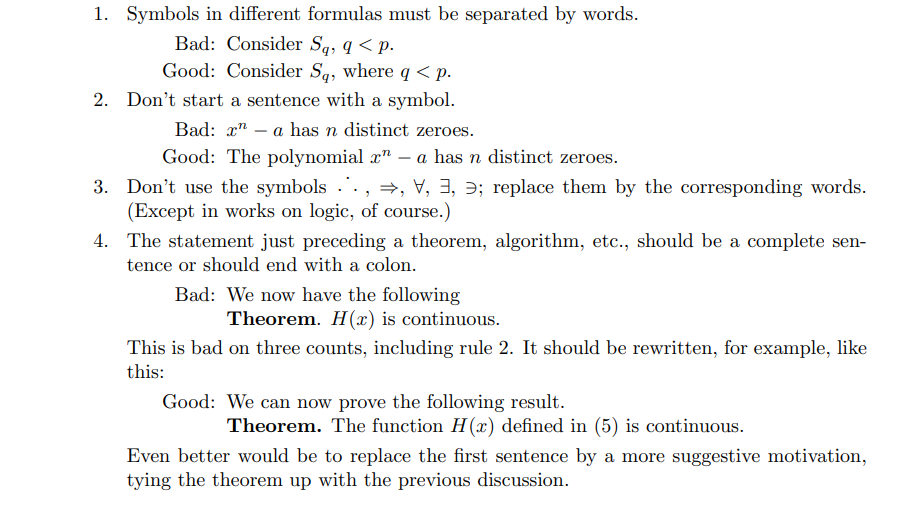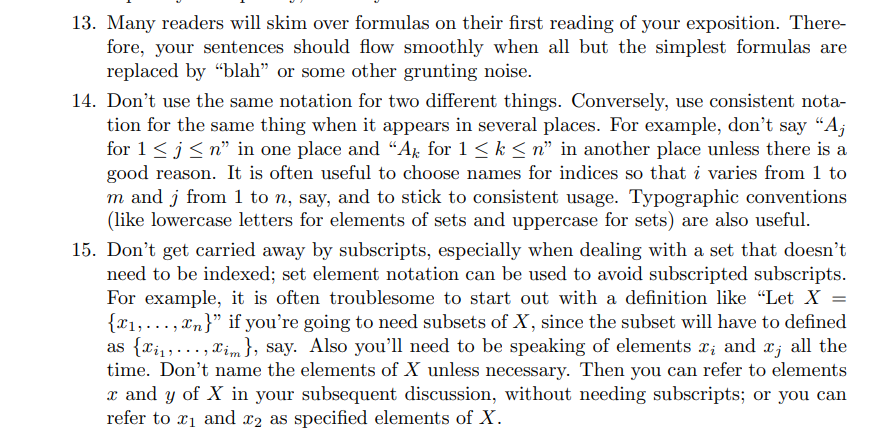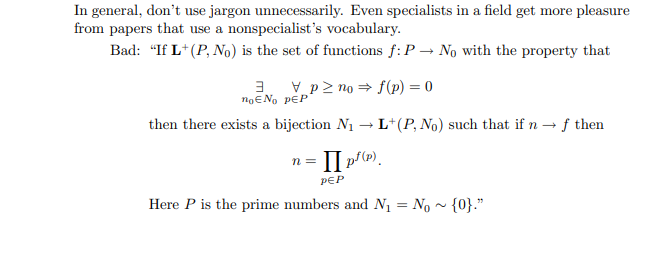
Scott Feld who is responsible for an early formalization of the paradox, relates it to other great examples:
You think the subway is more crowded than it is, because most people aren't there to see it when it's not crowded.
1/
You think the subway is more crowded than it is, because most people aren't there to see it when it's not crowded.
1/
https://twitter.com/ben_golub/status/1312841008627937280
The average course size that students experience is bigger than the average course, because by definition the big courses have more students experiencing them ("the class size paradox.")
2/
2/
When you go to the gym and look around, you feel relatively bad because the very frequent gym-goers are oversampled in your looking around, whereas the never-gym-goers are not sampled at all and don't make you feel (relatively) better.
3/3
3/3
• • •
Missing some Tweet in this thread? You can try to
force a refresh










